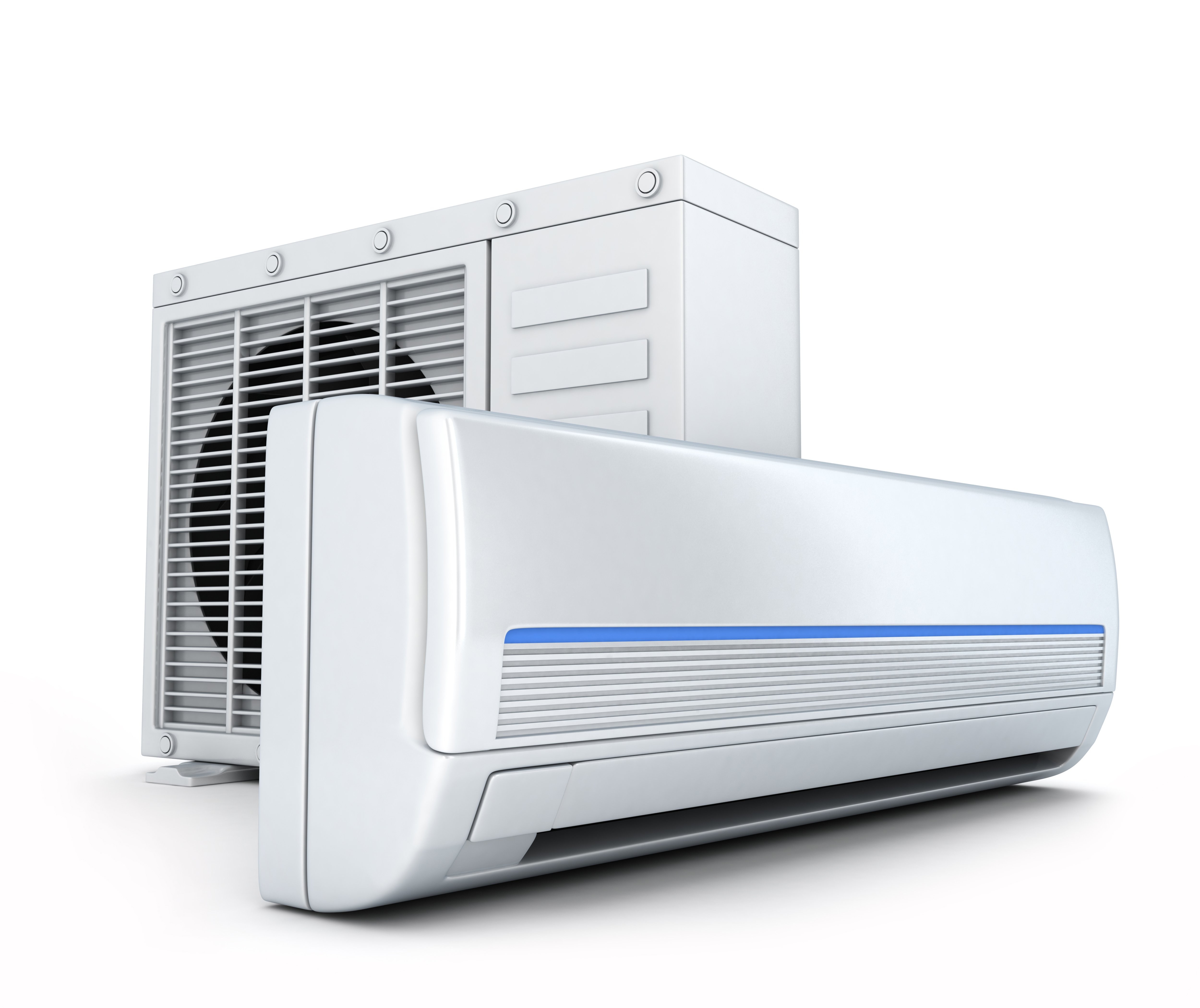Understanding HVAC units may appear daunting, notably to individuals unfamiliar to home maintenance. Heating, ventilation, and air conditioning is an acronym for Heating, Airflow, and Cooling, and it has an important role in ensuring your home environment enjoyable all the year. Whether it's the warmth of summer or the chill of the winter months, a well-operating HVAC system is essential for providing a warm home. In this article, we will look into frequent issues with HVAC systems and offer you with practical solutions to maintain your system running smoothly.
Many homeowners might not recognize the importance of regular HVAC maintenance until some problem occurs. Ranging from unusual noises to fluctuating temperatures, such issues can result in increased energy bills and costly repairs if not resolved in a timely manner. By yourself with common HVAC concerns and learning how to address them, you can save both time and money while keeping your home remains a comfortable haven. Let us delve into the most frequent HVAC challenges and examine effective ways to fix them.
Grasping HVAC Systems
Heating, Ventilation, and Air Conditioning, terms that signify heating, ventilation, and air conditioning, is a system intended to regulate the indoor climate of domestic and business spaces. By regulating temperature, humidity, and air quality, HVAC systems maintain environments comfortable throughout the year. These systems include various components, including furnaces, air conditioners, ductwork, and thermostats, all collaborating to provide efficient heating and cooling solutions.
The operation of an HVAC system depends on three core elements: heating, ventilation, and air conditioning. The heating component usually employs a furnace or heat pump to elevate the temperature of the air during frigid months. Ventilation refers to the exchange of indoor air with clean outdoor air to improve air quality. The air conditioning part lowers the temperature of and dehumidifies the air, creating a comfortable atmosphere when temperatures increase. Comprehending how these elements function together is essential for successful maintenance and operation.
Routine maintenance of HVAC systems improves performance but also prolongs their lifespan. Basic tasks such as replacing air filters, cleaning ducts, and scheduling seasonal tune-ups can greatly improve efficiency and reduce energy costs. Overall, a thoroughly cared for HVAC system promotes a healthier living environment, guaranteeing that air quality is optimized and comfort is enhanced, no matter the season.
Typical HVAC Problems and Resolutions
One of the most usual issues homeowners face with their HVAC systems is insufficient heating or cooling. This issue can often stem from a dirty air filter, which limits airflow. Regularly checking and changing air filters every one to 3 month intervals can help maintain proper airflow and improve system efficiency. Additionally, examining and cleaning the outdoor condenser unit can improve cooling performance during warmer months, ensuring your system works efficiently.
A different common problem is strange noises coming from the HVAC unit. These noises can indicate damaged parts, worn bearings, or debris in the system. If you hear clanking, screeching, or clicking sounds, it’s important to address them promptly. Checking the unit and checking for any visible problems is a good start, but if the issue persists, contacting a qualified technician for a thorough inspection might be necessary to avoid further damage.

Finally, frequent cycling of the system can point to an problem known as rapid cycling, where the HVAC unit turns on and off too frequently. This can be caused by factors like an oversized unit or a malfunctioning thermostat. To resolve this, ensure that the thermostat is correctly calibrated and consider consulting with an HVAC professional to assess whether your system is appropriately sized for your home. Keeping an eye on these common issues can help extend the lifespan of your HVAC system and improve its performance.
Heating, Ventilation, and Air Conditioning Care and Efficiency Tips
Consistent maintenance is crucial for keeping your HVAC unit running effectively and optimally. Start by changing your air filters every one to 3 months, as contaminated filters can block airflow and cause the system to work harder, resulting to higher energy bills. Additionally, arrange annual professional inspections to identify any potential issues before they escalate. This proactive approach ensures your system stays in top condition and can extend its service life.
Keep your outdoor unit clear of obstructions, such as tree leaves and soil. This not only improves airflow but also stops your system from overheating. AC installation 's also important to check your insulation, especially around air ducts and pipes, to reduce energy loss. Proper insulation keeps your home cozy while reducing the strain on your HVAC system.
Utilize smart thermostats to optimize heating and cooling schedules based on your lifestyle. These devices can significantly reduce energy consumption by modifying temperatures automatically when you are not home. Furthermore, think about switching to energy-efficient models and features, such as variable-speed motors and smart zoning systems, which can improve comfort while lowering your energy bills over time.
